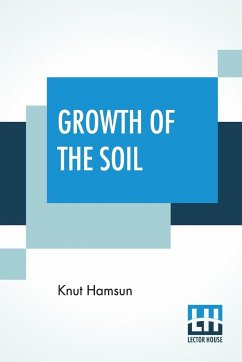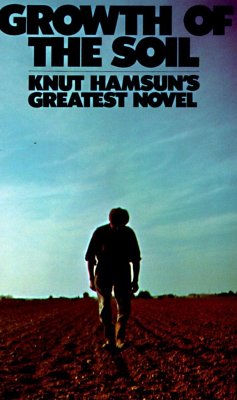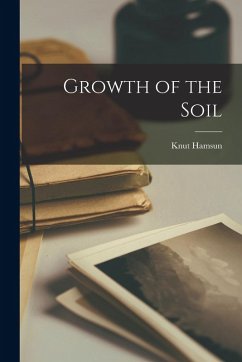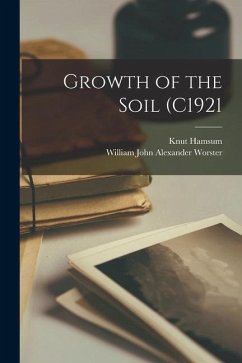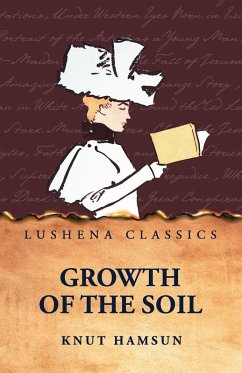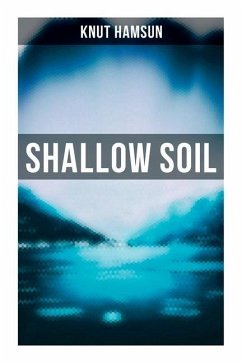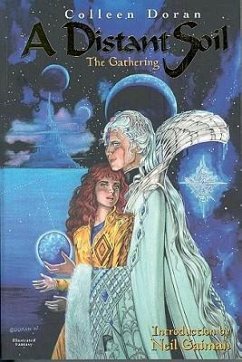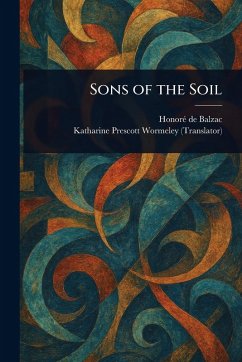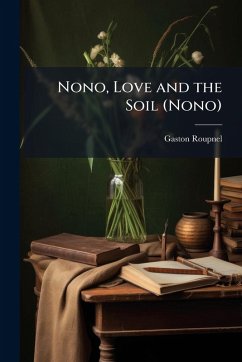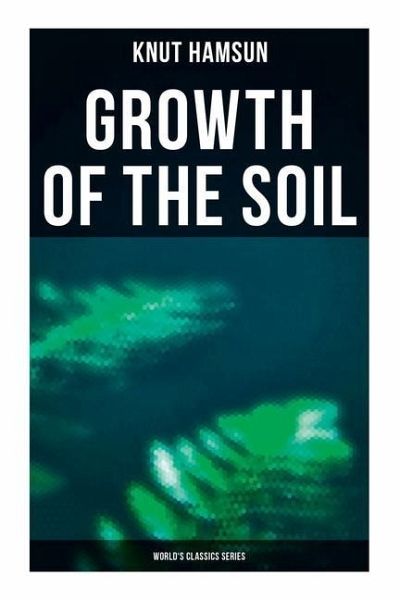
Growth of the Soil (World's Classics Series)
Versandkostenfrei!
Versandfertig in über 4 Wochen
10,99 €
inkl. MwSt.

PAYBACK Punkte
5 °P sammeln!
Knut Hamsun's "Growth of the Soil" emerges as a quintessential example of modernist literature, weaving together the themes of nature, rural life, and human resilience. Set in the backdrop of late 19th century Norway, the narrative follows Isak, a peasant determined to cultivate a life from the untouched land. Hamsun's lyrical prose captures the profound relationship between mankind and the earth, showcasing the transformative power of nature while delving into the intricacies of individuality and community. The novel's stylistic nuances reflect a shift from romanticism to a more psychological...
Knut Hamsun's "Growth of the Soil" emerges as a quintessential example of modernist literature, weaving together the themes of nature, rural life, and human resilience. Set in the backdrop of late 19th century Norway, the narrative follows Isak, a peasant determined to cultivate a life from the untouched land. Hamsun's lyrical prose captures the profound relationship between mankind and the earth, showcasing the transformative power of nature while delving into the intricacies of individuality and community. The novel's stylistic nuances reflect a shift from romanticism to a more psychological exploration of character, placing it within the broader context of existential literature that emerged in that era. Knut Hamsun, a Nobel laureate, was deeply influenced by his own upbringing in rural Norway, which instilled in him a profound appreciation for the agrarian lifestyle. His experiences and observations of the socioeconomic shifts occurring in Scandinavia during his lifetime ignited his passion for storytelling that portrayed the struggles and triumphs of ordinary people. Hamsun's engagement with naturalism and psychological insight stemmed from his fascination with the human condition, marking "Growth of the Soil" as a pivotal reflection of his literary journey. I highly recommend "Growth of the Soil" to readers who appreciate rich, evocative prose and a nuanced exploration of human connection to the land. This novel not only grants profound insights into the struggles of the rural populace but also serves as a timeless meditation on resilience and growth. Hamsun's masterful narrative will resonate with anyone interested in the intersection of nature, identity, and the existential threads that bind us all.



